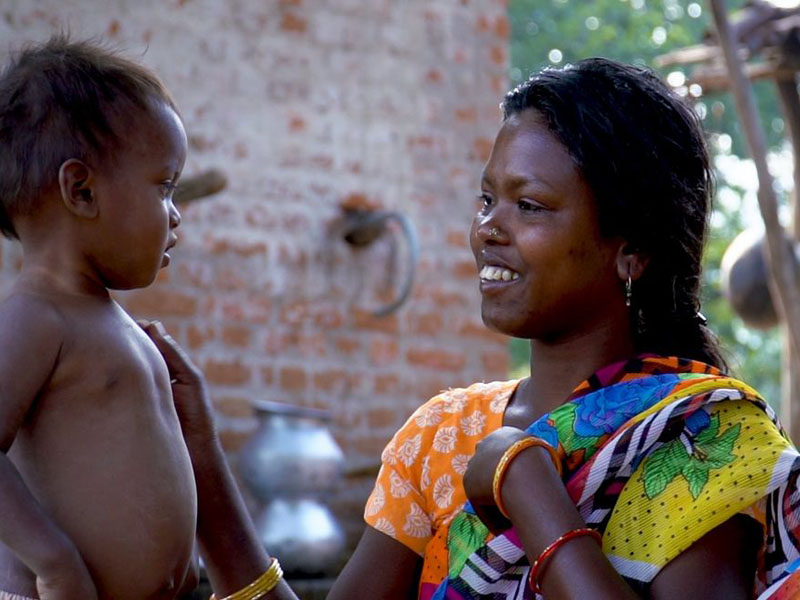Reducing or eliminating extreme poverty worldwide is a critical strategy, encompassed in the United Nations’ Sustainable Development Goal #1: “End poverty in all its forms everywhere.” The extremely poor or ultra-poor have significant differences from the poor, contrary to popular representations of an undifferentiated mass of the ‘poor’ at the base of the pyramid. They own few or no assets, have limited livelihood prospects and are socially, economically, and geographically isolated. They tend to be food insecure, living on less than 2 meals a day and often struggling with hunger and malnourishment – as per the researcher Michael Lipton, they spend 80 percent of their total expenditures on food and cannot attain 80 percent of their standard caloric needs. They remain out of the purview of the social security architecture that otherwise lends support to the rural poor. They are also often out of reach for market-based solutions. All of these contribute to overall decreased risk-taking and entrepreneurial behaviour among the ultra-poor who continue to subsist through a vicious intergenerational poverty trap. A critical aspect of ultra-poverty has also been captured by the ‘scarcity mindset’, derived from recent behavioural research by two professors from Princeton and Harvard. This explains how the lack of money, time, calories or even companionship can create cognitive deficits and reinforce self-defeating actions in people. The analogy finds a good fit when applied to people living in extreme deprivation.





